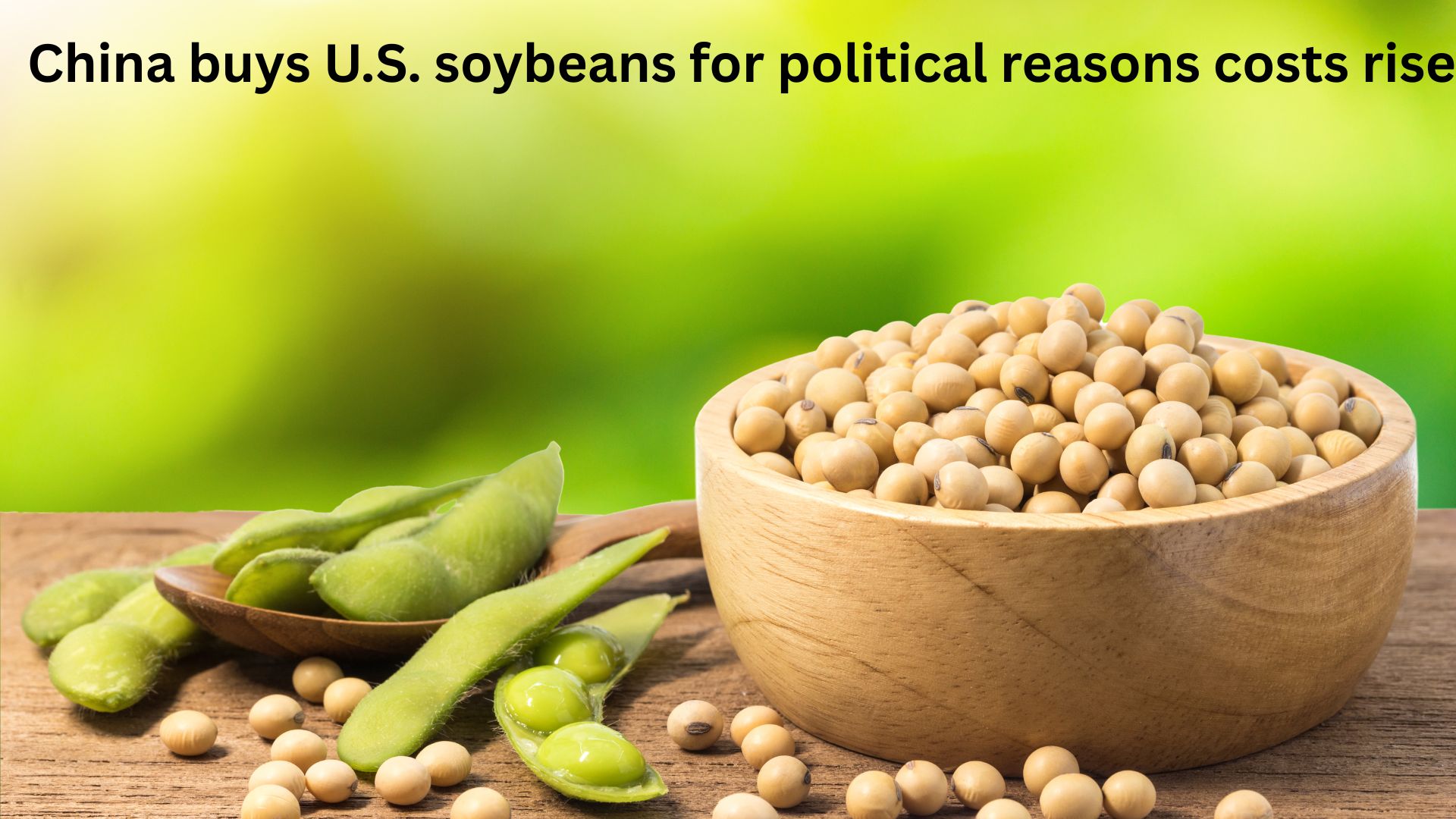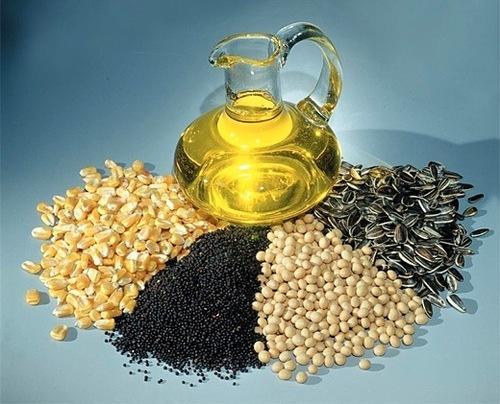Steamed rice has undergone some processing in the form of steaming before being made available for sale, according to the Food Corporation of India (FCI), which has informed the Food Ministry. Exporters should be relieved after shipments of steamed rice were stopped because Customs officials believed it to be non-basmati white rice and demanded payment of a 20 percent export charge starting on September 9.
The Rice Exporters Association of India’s President, BV Krishna Rao, stated on September 20 that “Exports of steamed rice are considered as non-basmati white rice since it does not come within parboiled rice.” As a result, the 20% export duty must be paid by exporters. India’s restrictions on rice exports, which included a prohibition on entirely broken rice and a 20 percent duty on non-basmati white rice, brought the issue to light.
The price of basmati and parboiled rice has not been restricted. The area planted with rice for the Kharif harvest fell by 5.5%, and central pool inventories reached a three-year low, prompting the Centre to limit rice imports. Twenty.-46 million tonnes (mt) of rice and 11.82 mt of unmilled paddy were the FCI’s stockpiles as of October 1.
In order to produce “gelatinized rice,” paddy was first soaked in water and then steamed, as explained by FCI in their explanation of the two methods by that paddy was milled. The firm claimed that by doing this, any cracks in the rice are sealed, making them stronger and resulting in less breakage during milling and a higher yield. The FCI said that parboiled rice is instead soaked, steamed, then dried. To clarify the misunderstanding about the export of steamed rice, the Food Ministry may now raise the issue with the Commerce Ministry.

